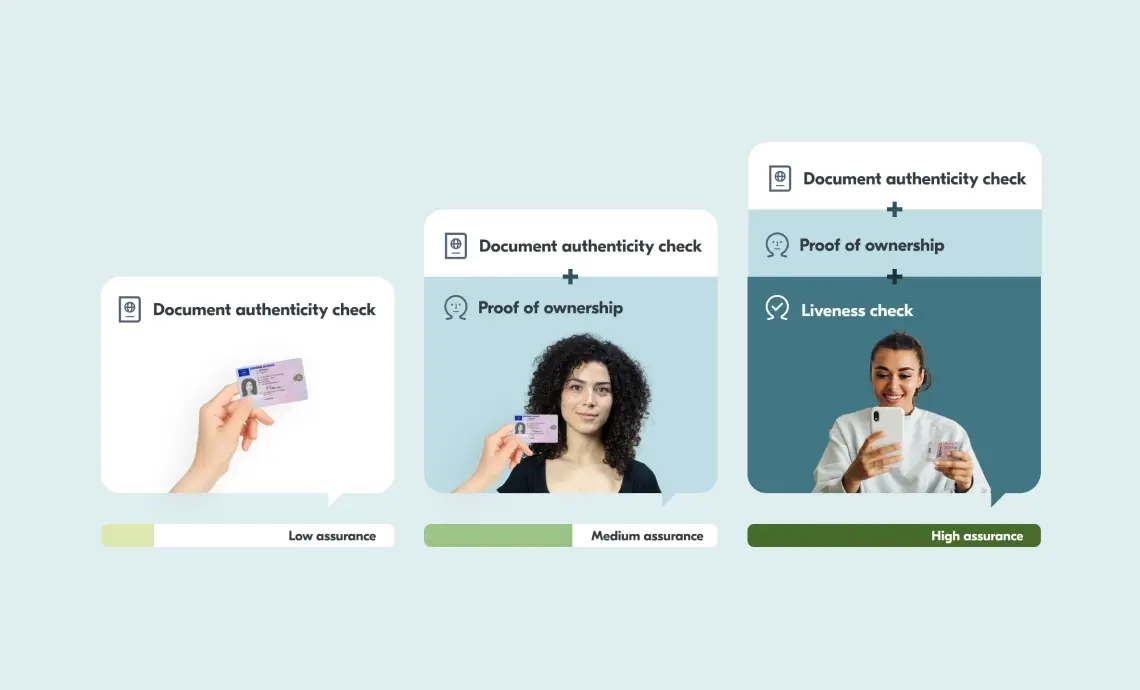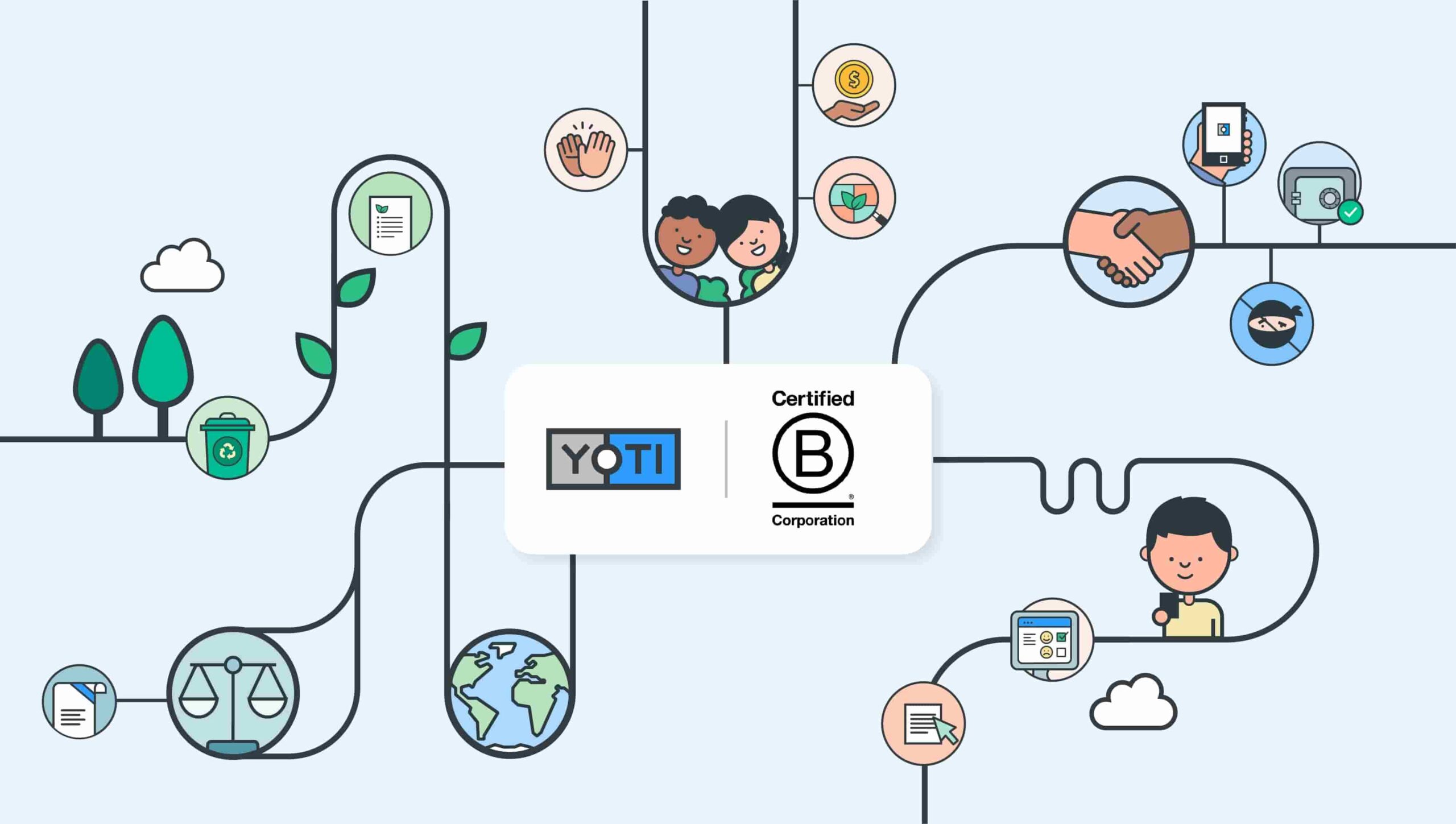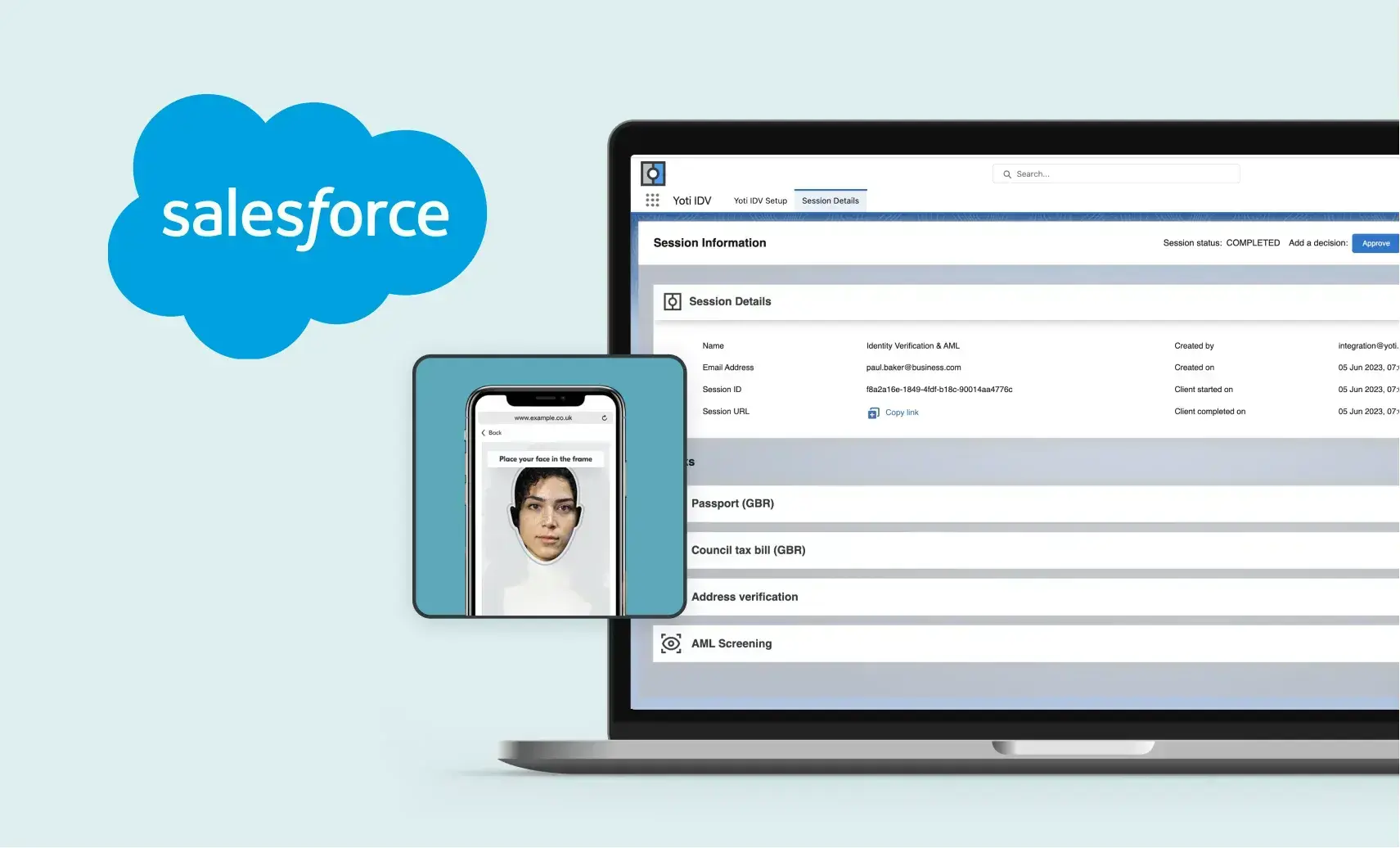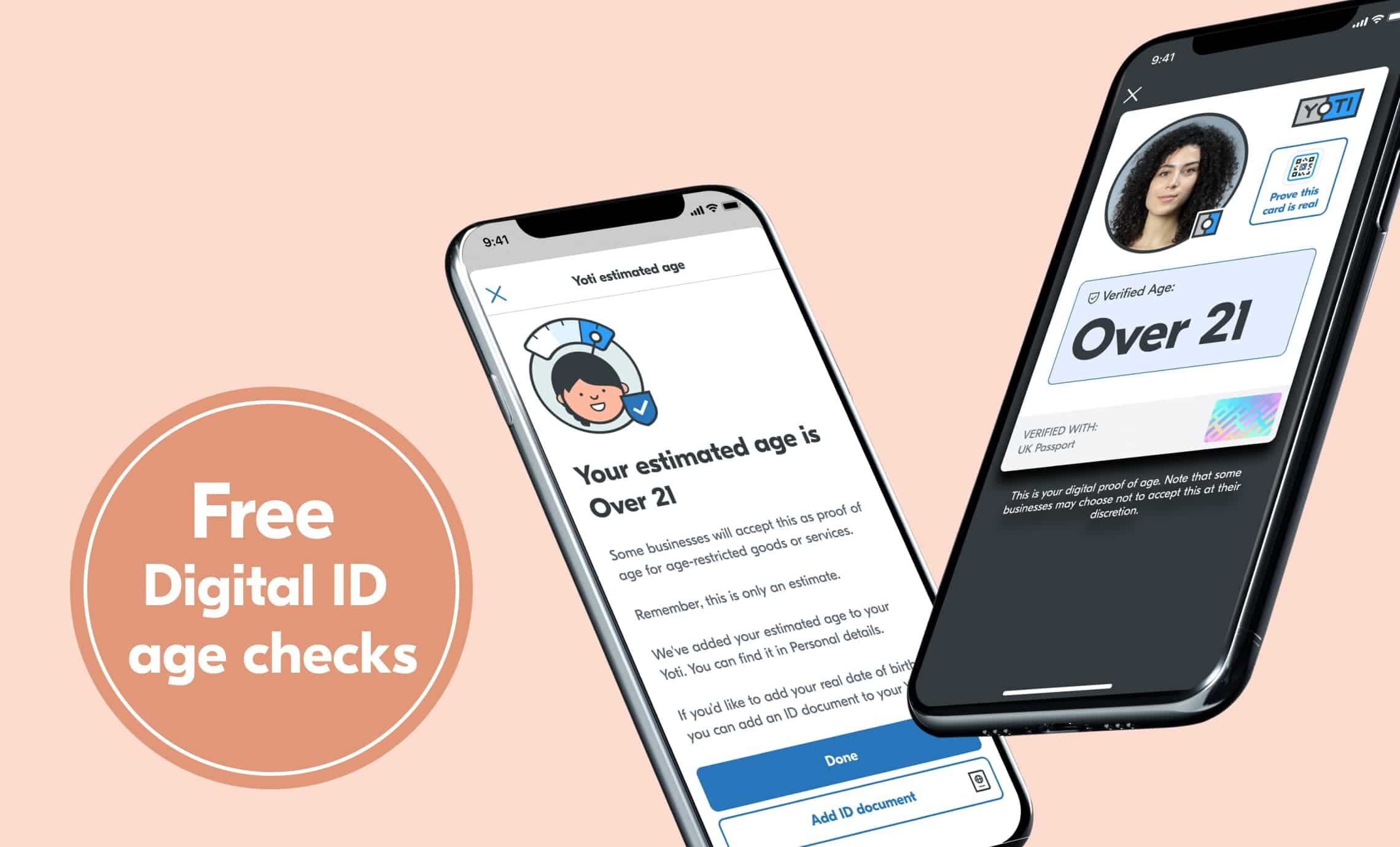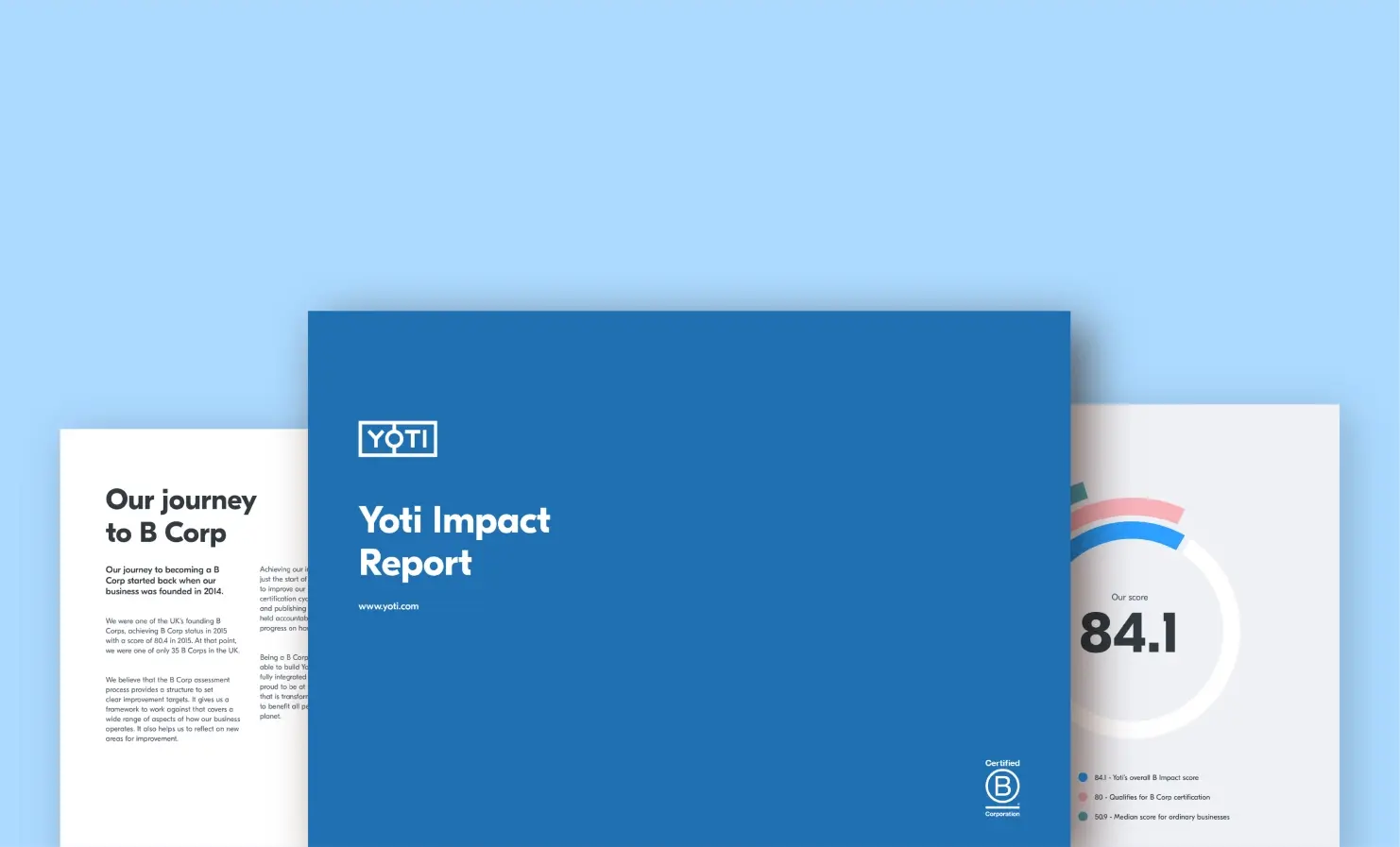Yoti blog
Stories and insights from the world of digital identity
UK games industry publishes new guidelines for Loot Boxes
Loot Boxes, found in certain video games, give players the opportunity to receive random items. They can be purchased with real or virtual money or through gameplay. Loot Boxes are a lucky dip; the player doesn’t know what item they will receive. They might unlock new levels or give the players access to special characters, equipment and weapons. Loot Boxes can add an element of excitement to the game. But concerns have been raised that the very nature of receiving a surprise item can be addictive. That Loot Boxes could encourage and be a pathway to problem gambling. Following these
Effective Age Verification: Going beyond reading a date of birth on an ID
Regulators around the world are recognising that more needs to be done to protect children from harmful content online. From the Age Appropriate Design Code and the Digital Services Act to the Online Safety Act and California Age Appropriate Design Code, businesses are being required to have age-appropriate controls in place. But to do this, they need to know the age of those accessing their services. After all, if they don’t know someone’s age, they can’t protect them. This raises some important questions. How should companies verify the ages of their users? How can they ensure age verification is
We're officially recertified as a B Corp!
What’s a B Corp? B Corporations (or B Corps) are leaders in the global movement for an inclusive, equitable, and regenerative economy. The ‘B’ in B Corp stands for ‘benefit’. As such, B Corps must continually seek out ways to benefit all people, communities and the planet. B Corps work to transform the way that business is done. Instead of focusing solely on making money, B Corps look to balance profit with purpose. When did it all begin? Our journey to becoming a B Corp started back when our business was formed in 2014. We achieved B
Yoti identity verification checks now on Salesforce AppExchange
No matter your company’s size, we’re here to make verifying customers more accessible, easy and secure for you. With this in mind, we’re pleased to now offer our identity verification technology on the Salesforce AppExchange – the leading enterprise marketplace with ready-to-install apps and solutions. It’s a ready-made solution and allows you to quickly and securely verify the identity of your customers. Armed with our ID verification, you can increase automation, fight fraud, reduce risk and stay compliant. Start an identity check and receive the results – all in your Salesforce dashboard. This removes the need to see or store
Britton Management Profile partners with Yoti to streamline pre-employment identity checks
28th June, London, UK – Today, Britton Management Profiles, Canada’s first background screening company, has partnered with digital identity company Yoti to streamline and strengthen pre-employment identity checks. Britton Management has been trusted by global companies for over 48 years. They complete a number of background screening checks on a global level – from references, employment verifications, criminal background checks and identity verification on a global level. Historically, identity checks were completed by physically inspecting identity documents. But during the Covid pandemic, organisations had to pivot and find new ways to verify the identity of candidates. Britton Management has integrated
Free Digital ID age checks
This blog post was updated in March 2025 with new and updated regulations. It also clarifies that the Digital ID age checks are free to businesses, when they are used alongside other Yoti age verification solutions. ***** With so much of our lives spent online – we can chat to friends, watch our favourite shows, and expand our learning – it’s so important to make sure children are only accessing age-appropriate content. A wave of regulations around the world are aiming to create safer online environments. In the UK, the Age Appropriate Design Code (the ‘AADC’, also called the
Browse by category
Essential reading
Get up to speed on what kind of company we are


